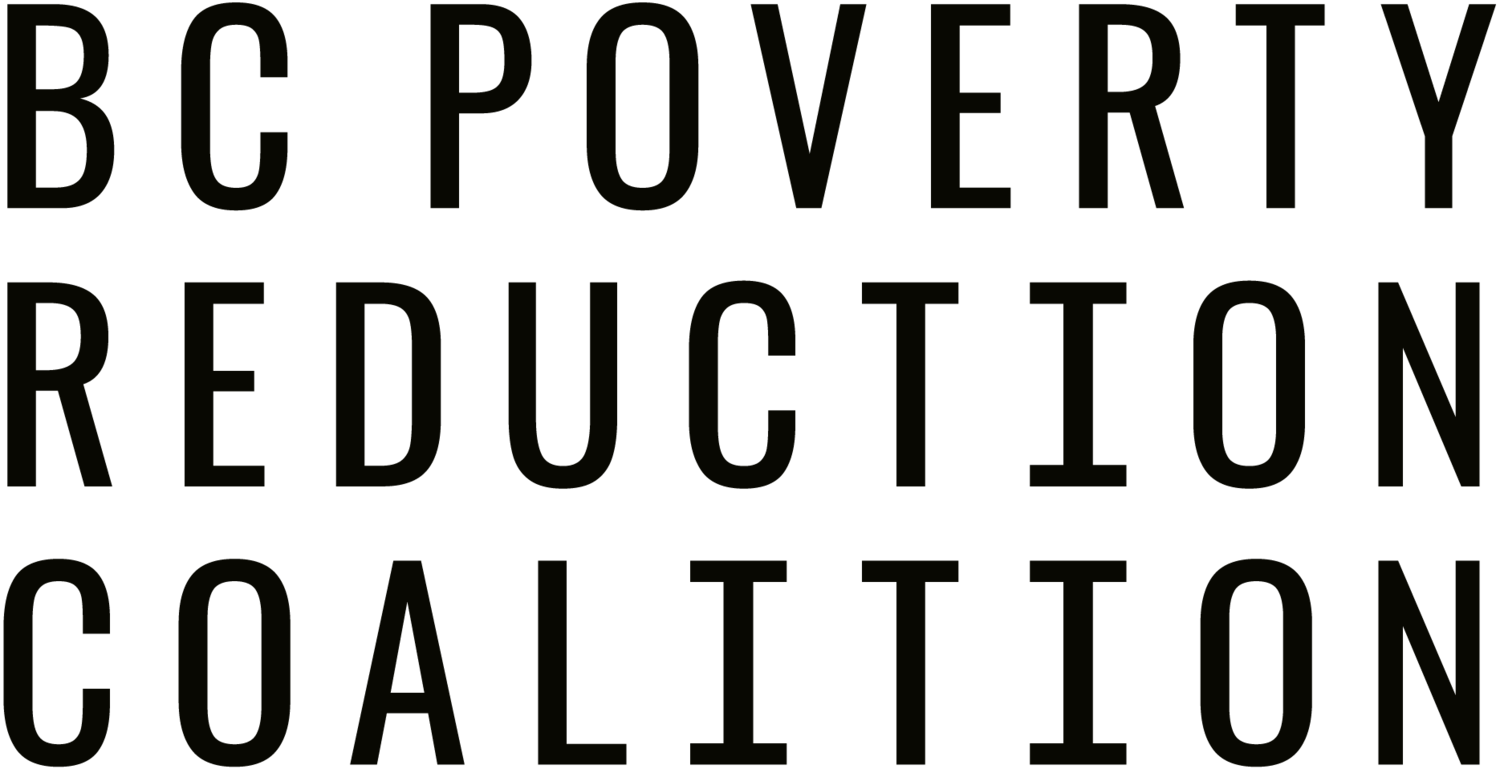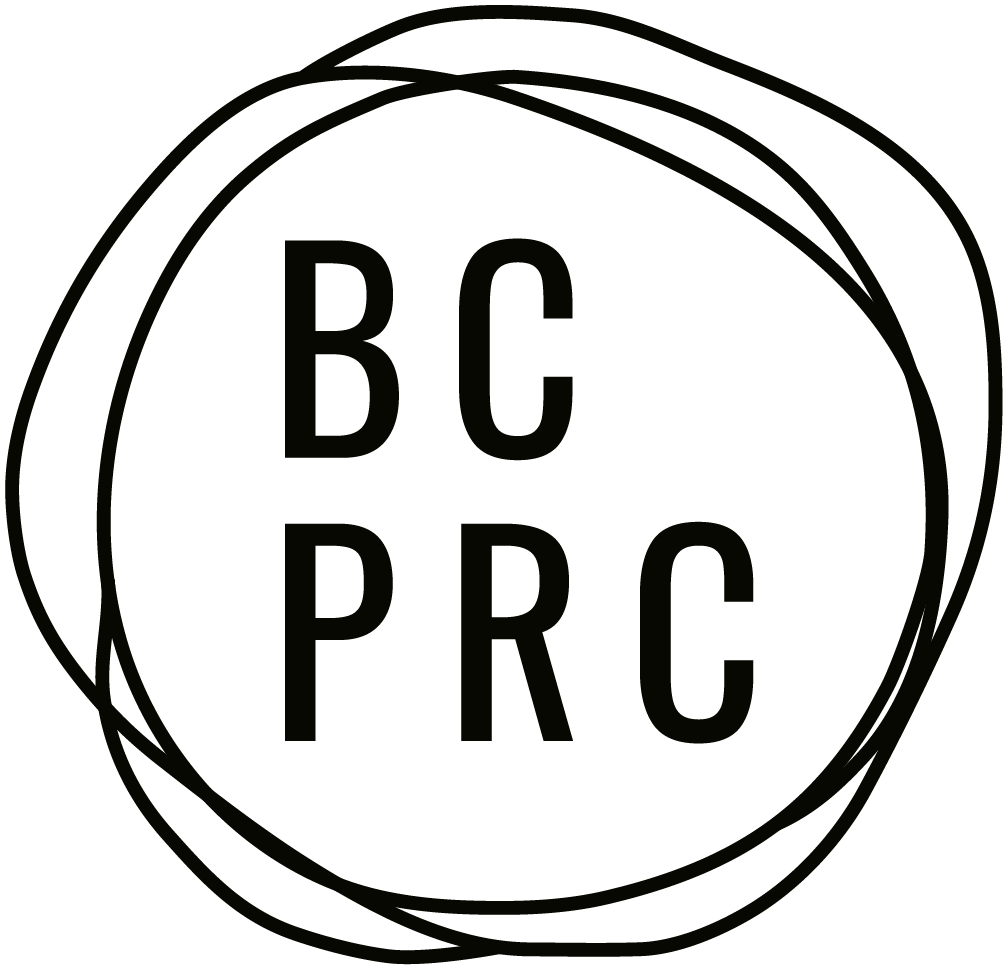Response to the 2023 “what We HearD” report
On December 14, 2023, the Ministry of Social Development and Poverty Reduction released the “What We Heard: Engagement Summary Report” as part of the update to the province’s Poverty Reduction Plan, which is expected later this spring. We see this summary as an opportunity to acknowledge the brilliance and perseverance of those with lived and living experiences of poverty across British Columbia. The What We Heard summary is a testament to the intimate and intersectional knowledge of how broken our systems are here in BC and thoughtful approaches to addressing poverty within our communities. We thank all Ministry team members who undertook a thoughtful and engaged consultation process, as well as a summary that brings those voices to the forefront of the update.
In April of 2023, the BC Poverty Reduction Coalition participated in the review, along with more than 15 of our coalition member organizations who contributed written submissions and town halls. Our submission was made possible through collaboration with policy experts, lived experience experts, volunteers, our board of directors, and coalition members who provided input, expertise, and guidance in our submission.
At the forefront of our submission were seven big-mover policy recommendations that call for:
Raising social and disability assistance rates to the poverty line
Implementing the BC Basic Income Panel’s roadmap for transforming the province’s income support system
Addressing discrimination and stigma by adding ‘social condition’ as protected grounds to the BC Human Rights Code
Accelerating a massive expansion of affordable non-market housing
Prioritizing targeted Indigenous Poverty Reduction Measures (in line with DRIPA and the TRC Calls to Action)
Making public transit fare-free and creating a publicly-owned intercity or inter-regional bus service and
Closing the gap between the living wage and the minimum wage
We are pleased to see these recommendations woven alongside many others in the What We Heard report summary. In discussing the summary within our team, one thing that stood out to us was that although ongoing consultation processes are important for ensuring policy changes are impactful, many experiences and perspectives are similar to what has been shared by individuals, communities, and organizations for many years. We recognize that each time communities most impacted by poverty are consulted, many people overcome significant barriers and institutional betrayal to share their stories of government-imposed poverty yet again. To address this burden being put on people, we must see an urgent commitment to and investment in ending poverty driven by the voices of people in the summary.
One aspect of the summary we particularly appreciated is the prominence of reconciliation within the report and the acknowledgment of how colonialism created and continues to structurally perpetuate poverty. We are grateful to Indigenous leaders and organizations for the years of work they have done in advocacy and teaching in colonial government spheres for this to be present. We look forward to the forthcoming report back from the Indigenous poverty reduction engagement process. We will continue to advocate for a specific strategy for ending poverty in Indigenous communities and nations.
Although we recognize that ending poverty is not a technical issue, we point to some of the recommendations in the What We Heard summary as immediate actions the government could take to reduce the impacts of legislated poverty. These include:
Raising disability and social assistance rates immediately and indexing for inflation.
Extending the “Get On Board” program to include access to free transit for all youth under 18 and those facing deep poverty (such as the City of Victoria expanding their free U-Pass program to include all youth 18 and under!)
Expanding the disability criteria in PWD applications to recognize a diversity of disabilities (for example, recognizing invisible and visible disabilities and the different impacts having one or more disabilities has on people’s daily lives)
Undertaking a process to understand and address stigma and discrimination throughout BC government services and the delivery of person-centred services
Investing further into the $10-a-day childcare program so that families across the province have access
Broadening food security policy and structure beyond one-time investments in charity or service models
We strongly encourage the BC government to take urgent, critical measures to address the intersectional, deeply generous experiences of poverty that were shared in this report. Meaningful engagement must include actioning transformative and systemic results, and we know a poverty-free BC is possible with commitments that match the needs expressed so clearly in this report.
We hope that this consultation process results in a courageous update to the Poverty Reduction Plan that includes policy change and proper resourcing of initiatives that have a real impact on homelessness and poverty -and the long-term, systemic investments and structural changes needed to create better conditions for people, families, and communities in BC.

